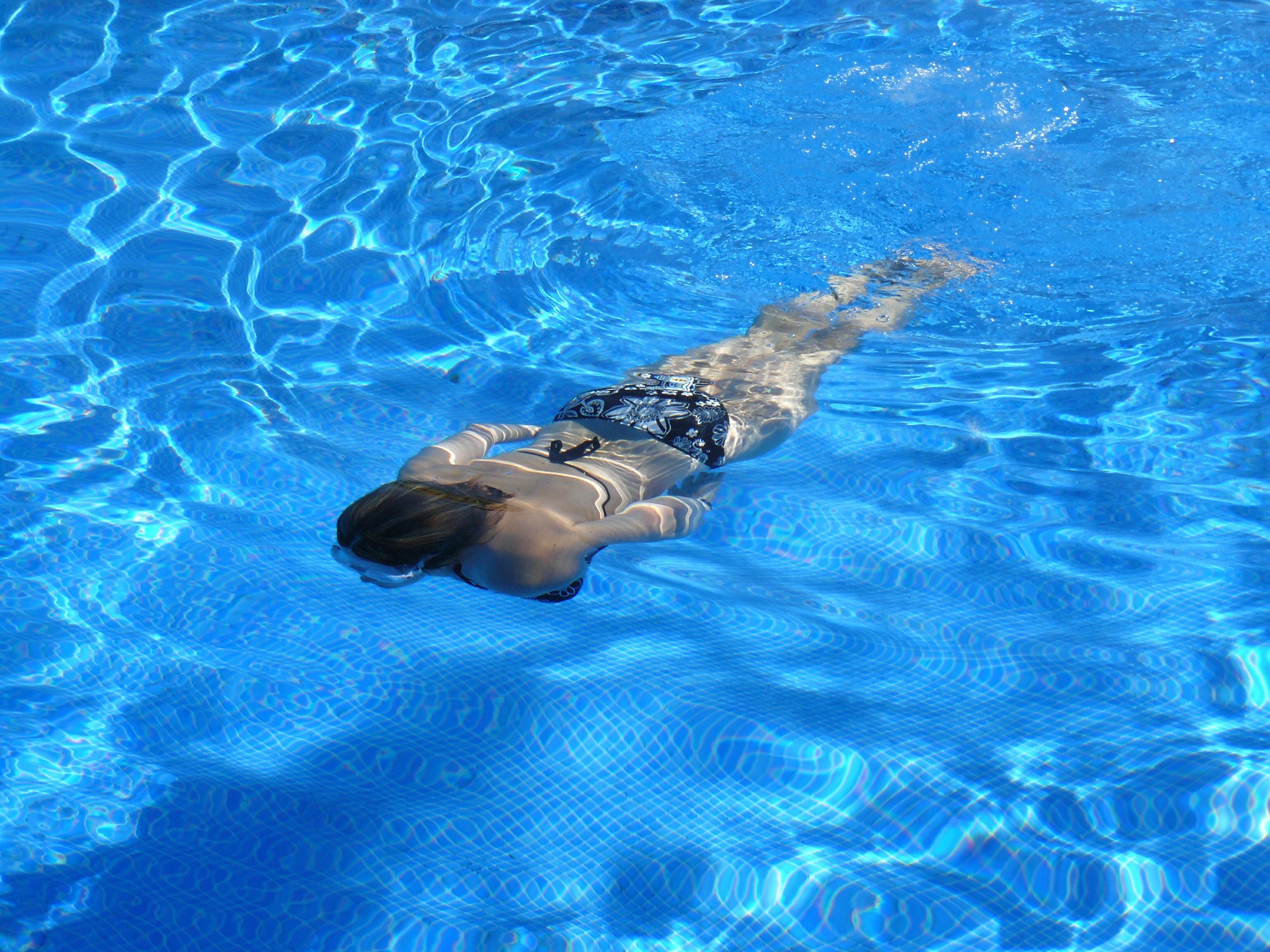
Having a pool is quite a luxury considering the amount of space and water needed to set one up. Most people live in places that do not have space for swimming pools like apartments in the big city. Most pools are found in the suburb. They are the perfect recreational installations for those hot summers. However, maintaining a pool is no small task. Wherever there is a body of water, an entire ecosystem is attracted and can begin to grow and thrive much to the detriment of the health of the users. It could also easily develop faults that make it dangerous to go into. There are several do-it-yourself hacks that pool owners should know for when their pools develop a fault.
Green Water
As earlier mentioned, every body of water draws life to it and pools are no different. Green water in pools is a sign of algae growing in them. Algae are single-cell formed, non-flowering plants that grow on the surface of the water. They can be very dangerous as they harbor a variety of bacteria. When they grow, they give the water a green color because they are also green. Algae begins to grow and thrive when there is no chlorine in the water. A simple hack to get rid of them is to drain the pool, scrub the walls clean, refill and treat the water regularly with chlorine, testing and shocking.
Faulty Heat Pumps
Heated pools are valued as much for enjoyment as for health benefits. Swimming in hot water relaxes the muscles, improves blood circulation, improves breathing, and prevents colds. The process is made possible by heating pumps. When looking at heat pumps for swimming pools, it is important to consider the brand and model that will be most suitable for the intended pool. A faulty heat pump can be a major inconvenience. If it cannot be fixed, a new one of high quality and function should be opted for instead.
Imbalanced PH
Water in a pool is supposed to stay at a safe and balanced PH level. A PH above or below 7.2 to 7.6 is a health disaster waiting to happen. It will irritate the eyes and skin and can lead to skin infections. If the water is ingested, it can cause guttural disturbances. A simple way to handle this is to frequently test the PH balance of the water and ensure it is stable before wading into it.
Clogged Pool Filter
Swimming pools are designed to have filters that filter the water and keep it clean and debris-free. If the pool is noticeably dirty and the water does not seem to be circulating, it is most likely because the filter is clogged. This happens very often when pools are not regularly cleaned. A lot of dirt can float into the filter, block it and prevent it from filtering and circulating the water. All one needs to do is de-clog and clean the filter, and wash the pool clean. Problem solved.
Conclusion.
There are perks to having a pool but if there is no dedication to caring for it, it can cause a lot of health problems and eventually fall into disrepair. Thankfully, there are several DIY hacks to take care of the pool and keep it working well.